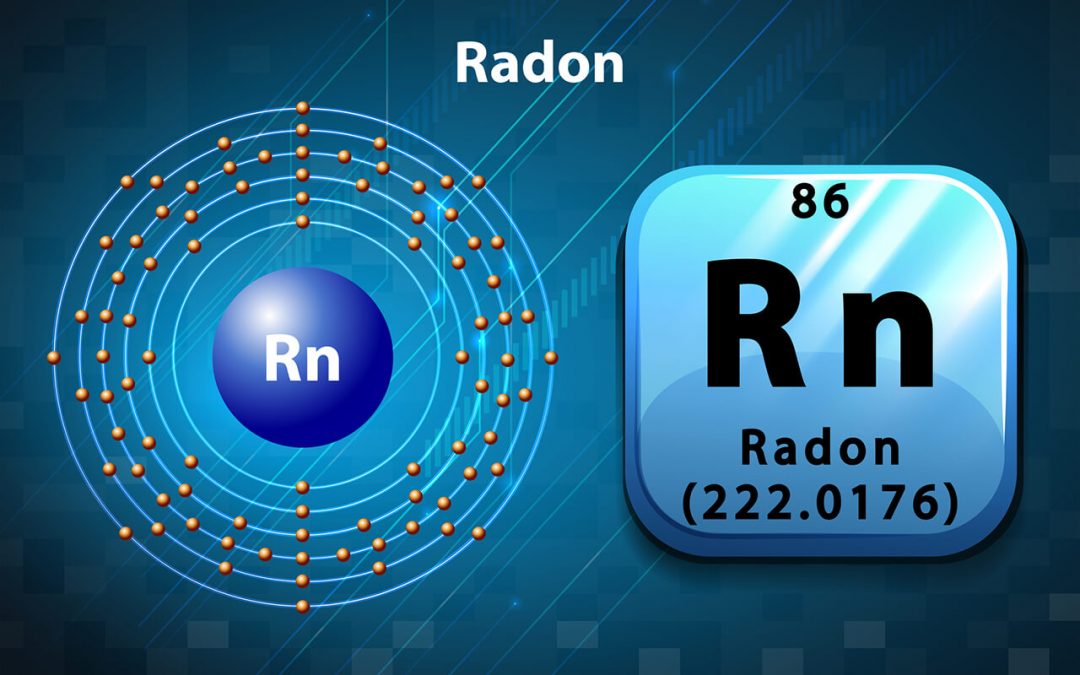Exposure to radon in your home can have potentially fatal consequences and it could be in the air you are breathing right now. It’s important to understand the risks and dangers of radon so that you can take the necessary action to protect your health.
Is Radon in Your Home?
When you think about the common dangers around your house that could impact the safety of yourself and your loved ones, radon in your home might not make the list. Many people don’t know about this naturally occurring gas and are not aware of how dangerous it can be at higher levels. A closer look reveals why it’s important to know about radon in your home.
1. Radon in Your Home is Undetectable Without Special Testing
Radon in your home is impossible to detect without a professional test since it’s a clear gas with no odor. Do-it-yourself radon tests are available, but professional testing is ideal. DIY radon tests are prone to false readings due to human error and general unreliability. If you have not tested your home for radon, now is the time to make an appointment.
2. No Signs of Exposure
When you are exposed to some types of gas at high levels, you may experience dizziness, nausea, or other acute symptoms. This is not the case with radon in your home. Even very high levels of radon will not produce immediate symptoms, so you cannot rely on your body to tell you if you are breathing in this toxic gas. The dangers to your health become increasingly serious as you continue to inhale radon.
3. The Risk of Lung Cancer
When you or your loved ones are exposed to elevated levels of radon over the years, you’re at risk of developing lung cancer. Many people live with high levels of radon in their homes and do not know about it until after they are diagnosed with lung cancer. As a known carcinogen, radon is directly linked to over 21,000 lung cancer deaths per year.
4. An Easy Path Into the Home
Some people do not think that radon is a problem in their home because the house is well-sealed. However, a well-sealed home can actually contribute to the problem. As radioactive uranium decomposes deep in the ground, radon gas is produced. This gas has a natural tendency to rise to the surface.
When radon rises underneath or around your home, the gas can enter the home through tiny crevices. This includes small gaps around your pipes or cracks in the foundation. Radon gas rises into the home and becomes trapped. As the radon in your home accumulates, it becomes a dangerous health risk.
The best way to know your radon levels is through professional testing. If you find out that you have elevated levels of radon, you can take steps to remove the gas and to prevent more radon from entering.
Above All Inspections provides radon testing and other home inspection services to Metro Atlanta. Contact us to schedule our services.

